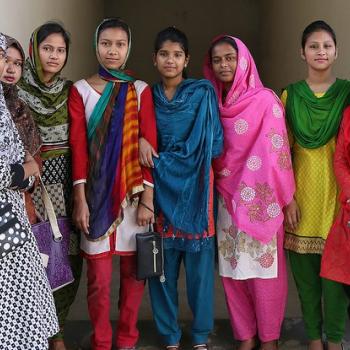
New paper from Mark Mitchell, Marta Favara, Cath Porter and Alan Sanchez "Human Capital Development: New Evidence on the Production of Socio-Emotional Skills" has just been published as an IZA Discussion Paper and is available here:
The authors examine the Peruvian cohort of the Young Lives study, born in 1994, and by using multiple measures of cognitive and socio-economic skills, track their skill production from childhood (aged 8) through adolescence and into early adulthood (aged 22). The authors place particular emphasis on socio-emotional skill development, and provide the first estimates of this skill production over such a long period in a developing country context. At aged 22, socio-emotional skills can be separated into two: social skills and task effectiveness skills and the authors found that individuals with higher task effectiveness are less likely to have engaged in risky behaviours such as smoking, taking drugs, and engaging with gangs.

New paper from Mark Mitchell, Marta Favara, Cath Porter and Alan Sanchez "Human Capital Development: New Evidence on the Production of Socio-Emotional Skills" has just been published as an IZA Discussion Paper and is available here:
The authors examine the Peruvian cohort of the Young Lives study, born in 1994, and by using multiple measures of cognitive and socio-economic skills, track their skill production from childhood (aged 8) through adolescence and into early adulthood (aged 22). The authors place particular emphasis on socio-emotional skill development, and provide the first estimates of this skill production over such a long period in a developing country context. At aged 22, socio-emotional skills can be separated into two: social skills and task effectiveness skills and the authors found that individuals with higher task effectiveness are less likely to have engaged in risky behaviours such as smoking, taking drugs, and engaging with gangs.

